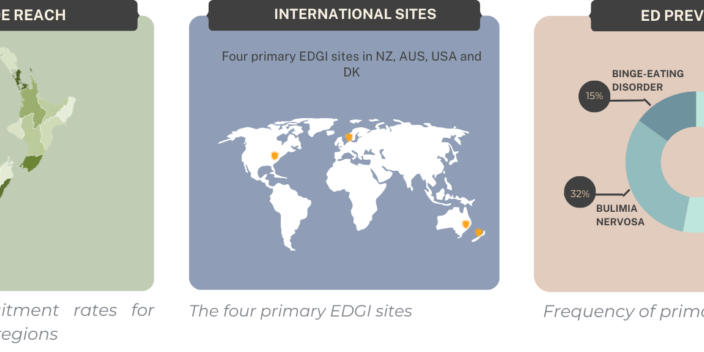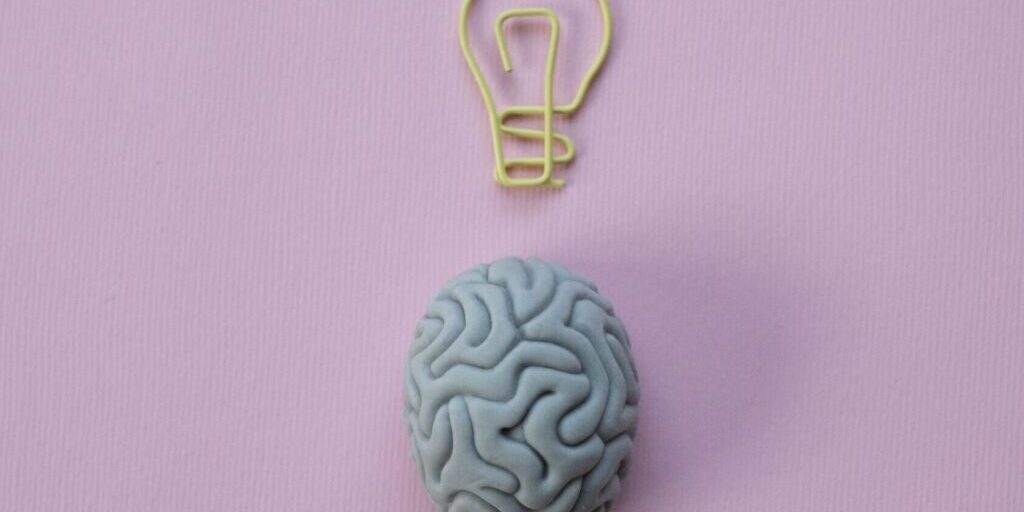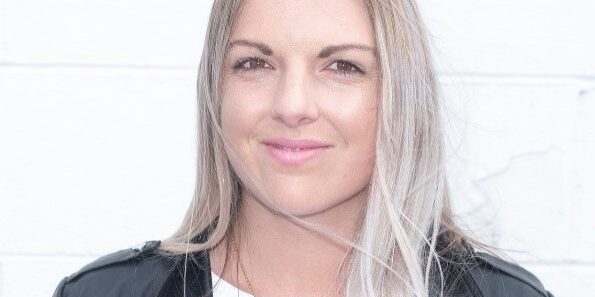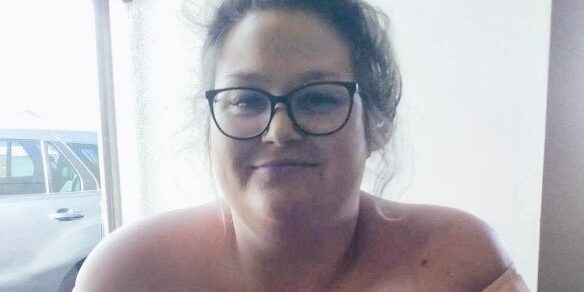Claudia’s story

University student & yoga teacher who lost her teenage years to anorexia, AUCKLAND
Event management and marketing student and yoga teacher Claudia, 21, Auckland loves boxing, swimming and going to the beach.
From a young age, Claudia experienced low moods and feelings of anxiety. She was always self-conscious about being quite tall, which was only exacerbated by her peers teasing her in secondary school. Claudia began restricting her eating to numb her difficult emotions before she was officially diagnosed with anorexia nervosa by her GP at the age of 16.
Claudia battled with treatment for her eating disorder, spending time in and out of hospital over the ensuing years. She was unable to attend most of her final year of secondary school, completing majority of her schooling requirements from home and distancing herself from her friends. When she moved out of home, her anorexia made a savage return and forced her to move back to Auckland with her family. This was the turning point that made her determined to seek help and stay on a path to recovery.
Today, Claudia is a passionate advocate for increasing awareness around eating disorders, particularly awareness of the different treatment methods available. With a history of mental illness in her family, she is keen to find out more about the genes that may predispose certain people to develop an eating disorder.
This is Claudia’s story.
Around the time she started secondary school, Claudia was experiencing low moods and feelings of anxiety. Her above-average height made her self-conscious, which was worsened by her peers calling her names. Claudia’s anxiety, together with being a perfectionist, made her feel pressured to try and change the way she was viewed by others. She began restricting her eating to make her feel in control of her difficult emotions.
Claudia managed to mask her eating disorder for 12 months before her parents became seriously concerned and took her to see her GP. Claudia was officially diagnosed with anorexia nervosa by her GP at the age of 16. For the ensuing six months, Claudia made multiple trips to her GP due to her eating disorder.
“I was constantly being warned not to lose more weight, but in my mind, I was fine,” said Claudia.
Eventually, her declining health put her in hospital, but all Claudia recalls is wanting to get out. She dutifully followed her treatment schedule so she could be discharged as soon as possible, immediately returning to her dangerous eating habits.
Claudia was put on a family-based treatment plan, which left her parents in charge of her food. She would insist she was eating, all the while hiding her food from her family. This led to her feeling a sense of euphoria whenever she felt hungry.
“My illness made me feel like I was being bullied all the time, but you can’t let go of the bully because it’s part of your identity. You just end up feeling numb the whole time,” Claudia said.
For the remainder of her secondary schooling, Claudia was in and out of hospital for her eating disorder. She was unable to attend her final year of school, having to complete her schooling from home. She began distancing herself from her friends and ended many relationships. This resulted in a lot of missed student experiences, including her graduation and her end of year ball.
Claudia’s family relationships also fell apart. She knows they tried so hard to help her because they loved her so much, but perseverance in trying to help Claudia to eat created numerous fights between them.
“There were so many missed family holidays due to my illness. It was all consuming for my entire family, yet my illness left me unable to feel sadness or love, let alone caring about ruining relationships” said Claudia.
As time went on Claudia’s illness was having a significant impact on her physical health. The hair on her head became very thin and fell out. Being constantly malnourished, she always felt cold and had no menstrual cycle.
“My bones were always sore, and I had lots of hair growth all over my arms. I even had difficulty going to the toilet,” Claudia said.
After finishing school, Claudia decided to move out on her own to Wellington. She lived alone for three months but was still not looking after herself and became ill again.
Claudia realised she had to be the one to help herself in order to get better. She began seeing a private psychotherapist for CBT treatment, which gave her the tools she needed to get her life back on track. She also stayed in a residential home for two-monthly periods, where she returned to a healthier weight.
Today, Claudia is no longer in therapy. She believes that her experience with an eating disorder means she will always need to carefully manage her emotions and her eating habits, but she is positive for her future.
“When I was going through the worst of my anorexia, I didn’t know of anyone that had recovered. So now I want others to know there is hope for recovery,” said Claudia.
Her personal experience is why Claudia is a strong advocate for the Eating Disorders Genetics Initiative (EDGI) which aims to identify the genes that predispose people to developing an eating disorder. She hopes that understanding the genes involved will revolutionise treatment options available to those living with an eating disorder, to open the door towards their recovery.
“It’s important that people understand that there are genes behind their illness. I hope this research will help to reduce their guilt, to know that they are not at fault, and to create a greater understanding in the community about how serious eating disorders really are,” Claudia said.










